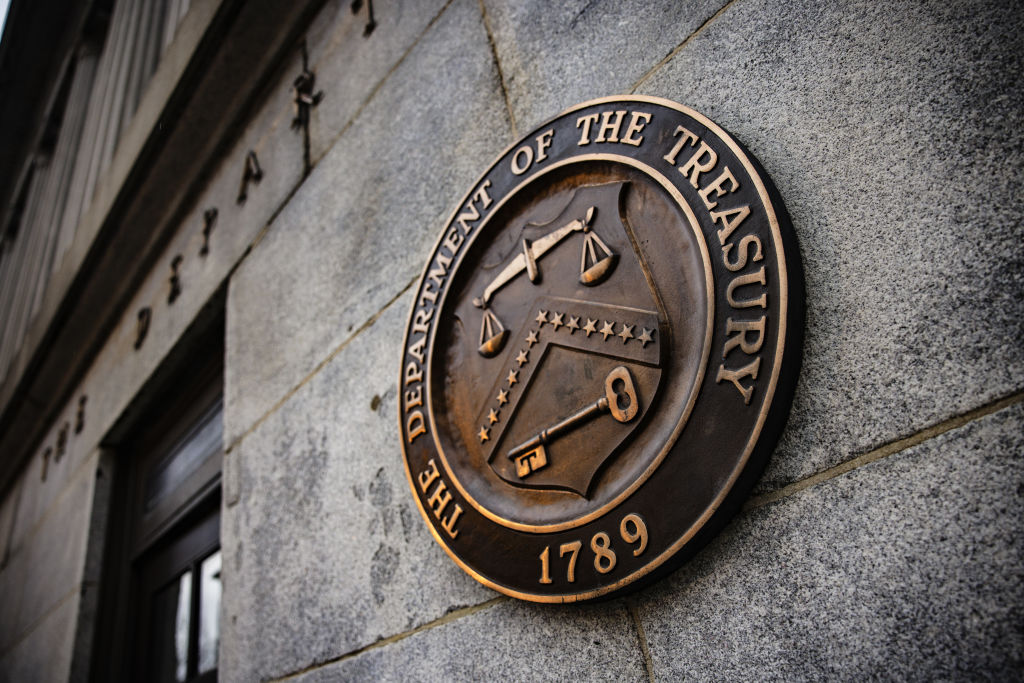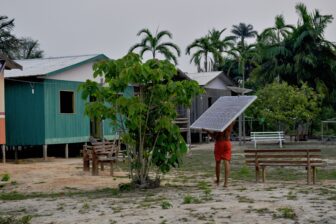Although U.S. international attention is rightly focused on Ukraine, the next several months will also be critical in shaping what comes next far closer to home.
In a little more than three months, President Joe Biden will host leaders from across the Western Hemisphere for the 9th Summit of the Americas in Los Angeles. Given Vladimir Putin’s invasion of Ukraine, many will be tempted to return to a Cold War footing in the Americas, an approach best left in history’s dustbin.
The Summit will provide Biden with an unparalleled opportunity to instead define a new, forward-looking era in the Western Hemisphere. One that leverages the unique nature of the U.S. relationship with the region and focuses on its realities, opportunities, and challenges and doesn’t reduce it to a mere arena for Great Power competition, be it with Russia or China.
To do so, the President must advance an ambitious new vision in which the United States tackles head-on the fundamental challenges facing the people and countries of the Americas at a time when the region is reeling from the economic shocks of the COVID-19 pandemic. To generate needed impact, President Biden will need to bring all elements of U.S. power and influence to bear.
Perhaps unexpectedly, that starts with more deeply engaging the institution just down the street from the White House, at 1500 Pennsylvania Avenue: the Department of the Treasury. Like much of the U.S. government, the Treasury Department tends to ignore the Americas except in times of acute crisis. Sometimes it is overlooked by those who focus on the traditional levers of U.S. power in the Americas: the State and Defense departments, USAID, and USTR. But in reality, Treasury sets the agenda for the most important tool the U.S. can leverage to drive transformational change at the scale necessary in the Americas today: the U.S. voice and vote in international financial institutions, including global and regional development banks.
The need is acute: No other region in the world suffered a bigger economic contraction from the pandemic than Latin America. The number of migrants and refugees on the move because of crises in Venezuela, Haiti, Central America and elsewhere has never been higher. To deal with these challenges, and retool their economies for the 21st Century, Latin American countries need the kind of support that international financial institutions are uniquely positioned to provide. But this will only occur with leadership from the United States and particularly the Treasury, which can help reimagine a currently underutilized pillar of the Inter-American System, the Inter-American Development Bank (IDB).
The possibilities are vast. For example, the IDB could approve more fiscal support for countries that assume their responsibilities on migration, building on the $800 million the World Bank and IDB recently provided to Colombia to implement its unprecedented 10-year regularization of more than 1 million Venezuelans. Countries like Ecuador, Peru, Chile, and Costa Rica, for example, should understand multilateral development banks stand ready to support migrant receiving communities under the right conditions.
Latin America and the Caribbean is also one of the world’s most climate vulnerable regions. Every year, hundreds of thousands of people across the region are pushed into extreme poverty by natural disasters – a total the Word Bank projects will reach 3 million per year in less than a decade. To catalyze the energy transition and spur vital climate adaptation and resilience efforts, the IDB must follow the lead of the CAF – Latin America’s Development Bank – and become a premier climate finance mechanism, building on its existing, increasing albeit limited green lending.
In Los Angeles, Biden should propose a bold multilateral development bank reform agenda to ensure they have the balance sheets, tools, priorities, and leadership teams to answer these challenges. To that end, the President should not only call for a much-needed recapitalization of the IDB, but he should also call on Congress to provide the same lending flexibility for middle income countries in our “near abroad” as it has made available in Eastern Europe. Today, the multilateral development banks, including the World Bank and the IDB, operate under narrow restrictions that limit financing to many countries across the Americas. Biden should also ensure the United States establishes a stake in IDB Invest, the IDB’s private sector arm that recently announced a ground-breaking shift to being a mobilization bank – that is, an institution focused on catalyzing private investment for development purposes – making it an enticing partner for catalyzing change across the Americas.
In laying out the path forward, the President should direct both the U.S. Development Finance Corporation and U.S. Agency for International Development to partner with the IDB, IDB Invest, and other development banks throughout the region in sourcing and evaluating deals, taking equity positions where appropriate, and providing grant financing to maximize the reach and transformational impact of these efforts.
A Cold War redux will do nothing to advance U.S. interest in the Americas. To ensure a different path forward, President Biden should make sure his next-door neighbor is at the heart of any “New Vision for the Americas.”
—
Dan Restrepo served as Special Assistant to the President for Western Hemisphere Affairs for President Obama.








